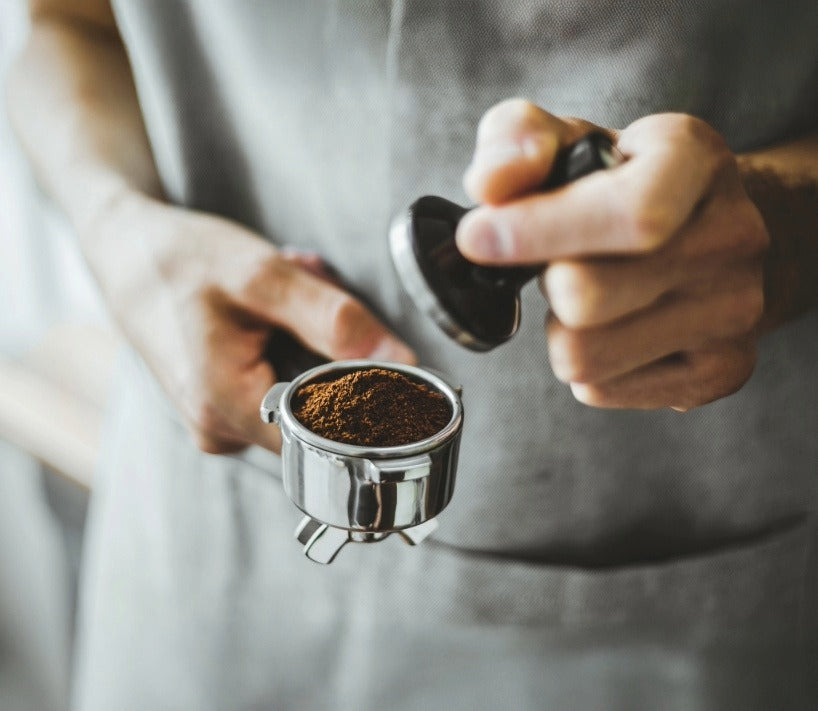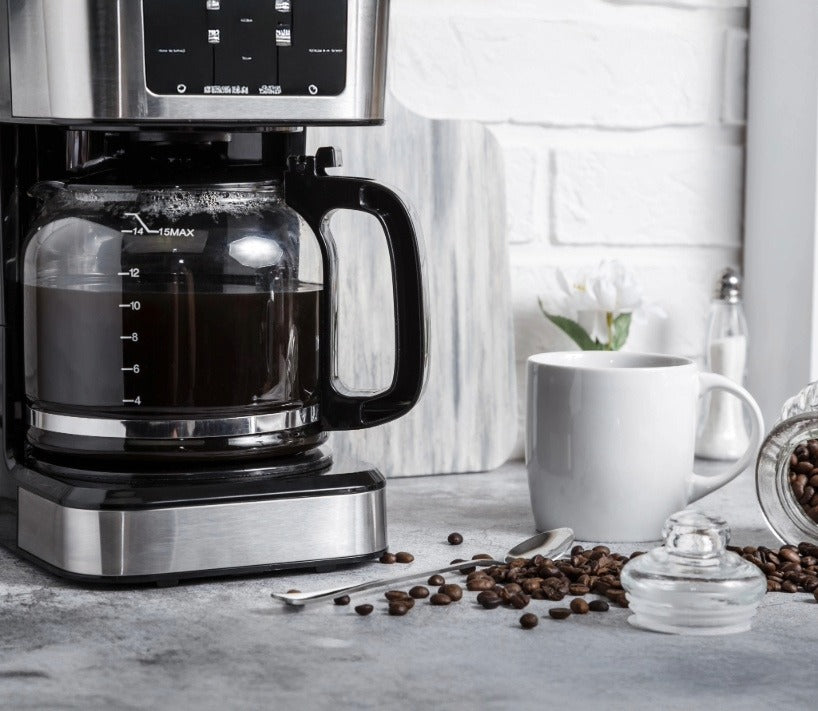How Does Humidity Affect Top Coffee Storage and Freshness?
October 07, 2024 3 min read
How Humidity Sneaks Up on Your Coffee and Ruins the Fun
Ever brewed a cup of your favorite craft coffee only to take that first sip and think, "Why does this taste...off?" The culprit might not be your brewing skills (or lack thereof) but something far sneakier: humidity. Yes, the same thing that turns your hair into a frizzy mess can also mess with your coffee beans! Let’s dive into how humidity affects coffee storage and, ultimately, your shot at brewing the best tasting craft coffee at home. Spoiler alert: humidity is a buzzkill.
First, let’s talk about why humidity is the arch-nemesis of fresh coffee. Coffee beans are hygroscopic, which is a fancy way of saying they soak up moisture faster than a sponge. When you leave your coffee beans exposed to a humid environment, they start to absorb all that extra moisture from the air. The result? Stale, lifeless coffee that tastes like cardboard and sadness.
But it doesn’t stop there. Humidity also invites mold, which is like the unwelcome guest that shows up at a party and never leaves. Mold thrives in damp conditions, and if it takes hold of your beans, not only will your best coffee delivered lose its flavor, but it could also become unsafe to consume. So, unless you’re into musty, moldy flavors (no judgment), keeping your coffee in a low-humidity zone is crucial.
How exactly does moisture affect the top coffee you’re trying to brew? When beans absorb excess moisture, their oils—the very oils responsible for those rich, complex flavors—get diluted. That means when you brew, instead of extracting the deep notes of chocolate, fruit, or spice, you’re left with a weak, flat cup. You know, the kind of coffee that makes you wonder if you accidentally brewed decaf (yikes).
So, what’s the ideal environment for storing your coffee?
-
Aim for a humidity level of about 50-60%. Too dry, and your beans lose moisture, which makes them stale. Too humid, and they soak it up, becoming soggy shells of their former selves. Think of it like Goldilocks: the humidity has to be just right for your coffee to shine.
-
A cool, dark place is your best bet. No, your fridge is NOT that place! While it seems logical (you refrigerate everything else, right?), the fridge is actually a humidity hot zone. Opt for a pantry or a cabinet—somewhere that won’t fluctuate in temperature or moisture levels.
-
Use airtight containers. The original packaging of your best craft coffee online may be great for transport, but once opened, your beans need an airtight home. This prevents moisture from creeping in and keeps those flavors locked in.
By storing your coffee properly, you’ll not only maintain its best tasting craft coffee at home status, but you’ll also extend its shelf life—giving you more time to enjoy every single bean you so lovingly chose when you decided to order coffee online. And let’s be honest, who doesn’t want their top coffee to last as long as possible without losing that magic? So next time you wonder why your brew isn’t hitting the same, take a second glance at where and how you're storing your beans. Because when it comes to coffee, humidity isn’t just a minor inconvenience—it’s a full-on flavor thief. Protect those beans, and they’ll reward you with cup after cup of rich, flavorful goodness!
Happy brewing, and may your coffee stay fresh and humidity-free!
Also in Best Coffee To Buy Online Education

High-Score Coffee Beans Online: Why 85+ Points Actually Matter
December 31, 2025 3 min read
Learn why the best tasting craft coffee online is high-scoring specialty coffee that tastes better and how to choose the right beans online. Order coffee online from a roaster you trust.

Best Craft Coffee For Espresso at Home: Why FullCity+ Wins
December 30, 2025 3 min read
Learn why medium/dark FullCity+ roasts deliver the best espresso at home without bitterness. When you order coffee online from a roaster you trust, you'll always end up with the best tasting craft coffee at home.

Best Coffee Beans for Drip Coffee (Yes, Any Roast Works)
December 29, 2025 3 min read
Best Coffee Beans for Drip Coffee. A simple guide explaining how any roast profile works with drip coffee makers when using fresh specialty coffee.
